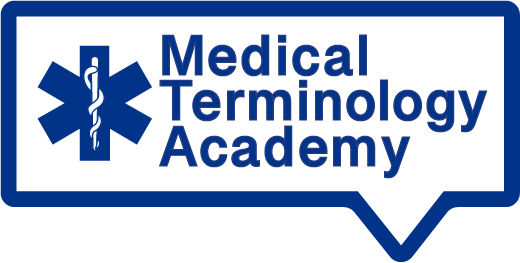Lesson 7: Cardiovascular and Lymphatic Systems (Textbook p. 195)
“The difference between the almost right word and the right word is really a large matter.” Mark Twain

The cardiovascular system consists of the heart and a closed network of blood vessels composed of arteries, capillaries, and veins.
The lymphatic system consists of lymph transported through the lymphatic vessels, lymph nodes, spleen, and thymus gland.
Blood transports oxygen, carbon dioxide, nutrients, waste, and hormones throughout the body. It protects the body against microorganisms, regulates temperature, and maintains fluid and electrolyte balance.
In The Lesson
In Lesson 7, you will learn about the cardiovascular and lymphatic systems and the medical terms related to them.
Facts About Blood
- Blood makes up nearly 7% of body weight.
- Red blood cells carry oxygen.
- White blood cells fight viruses, bacteria, and other infectious diseases.
- Platelets are responsible for clotting blood.
- A newborn has approximately a cup of blood; an adult body has 10 pints of blood.
- About 400 gallons of blood are filtered by our kidneys every day.


